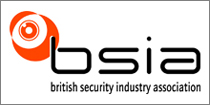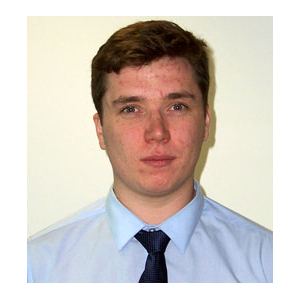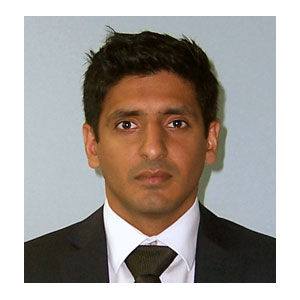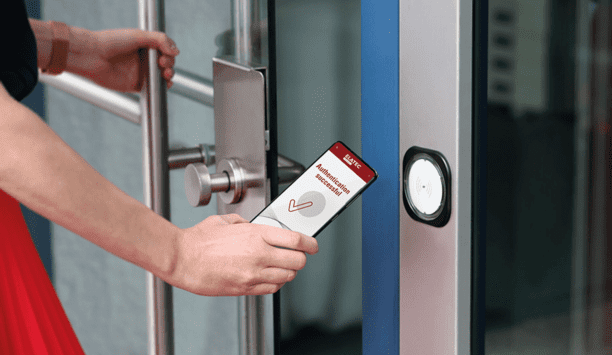Pauline Norstrom

Pauline Norstrom
Chief Operating Officer, AD GroupPauline is Chief Operating Officer at AD Group [of which Dedicated Micros is a part]. Pauline has over 25 years experience in business management, B2B marketing, sales and internet development, 12 of which were gained in the security industry and prior, 13 years of experience related to development and marketing of businesses ranging from logistics, pharmaceutical and engineering based. She oversees a highly skilled and professional marketing team and is responsible for all aspects of the marketing mix for AD Group and its subsidiaries. Pauline's Board position underpins the Group's strength and its commitment to grow AD Group and it's brand portfolio, delivering specialized video management solutions across CCTV, surveillance and consumer electronics industries. In addition to her Board role, which she has held since 2009, Pauline is a regular public speaker and media spokesperson for the Group and contributes to the activities of key industry and government bodies around the world including being the current elected Chairman of the BSIA CCTV Section.
Articles by Pauline Norstrom
It’s dangerous to compromise on safety features in search of a low-cost security solution, as it can put employees at serious risk Driving quality in the private security...
News mentions
Cheshire, UK, based Anekanta Ltd (Anekanta) and New York, USA, based GT Digital (GT) announced that they are working together to progress GT’s patent-pending, innovative, cognitive intelligence...
The paper focuses on the price versus quality debate from the perspectives of both buyers and sellers A white paper commissioned by the British Security Industry Association has est...
The event enables CCTV manufacturers and installers to showcase their latest technological developments A popular CCTV seminar and exhibition is set to arrive in London this Novembe...
The awards serve to recognize significant or lifelong contributions in five different categories Five individuals and teams have been presented with prestigious British Security Ind...
Visitors to the show have three conference theaters to choose from this year: Keynote and Convergence, Security Solutions and Safe Cities As IFSEC International prepares to return t...
Connor will be building a surveillance monitoring client base across the AD Network Video range AD Network Video, the solutions arm of AD Group, has recruited experienced busine...
BSIA’s CCTV Section Chairman Simon Adcock responded to comments made by the Surveillance Camera Commissioner The British Security Industry Association has responded to comment...
Matthew and Usmon will be managing the product lines of Dedicated Micros Usmon Khadim, holds a masters in Management Information Systems: Change and Development from the University...
Antony Smith will be working across a range of sectors where FireVu has established a strong track record AD Group's fire detection solution brand hires new business development man...
Evidential recordings delivered by theVirtual NVR help tackle a range ofissues that affect schools Security surveillance specialist AD Network Video has introduced its enh...
FireVu is introducing the first fire detection technology that combines Visual Smoke Detection (VSD), flame detection and now temperature sensing technology in the form of being built in thermopile....
Pauline cites economic recovery and international demand for UK products and services as key drivers of industry growth Newly-elected Chairman of the British Security Industry Assoc...
Aleali moves from parent company AD Group where he was a training and communications specialist Fire detection solution provider FireVu is further strengthening its business develop...
FireVu offers Video Smoke Detection technology solutions for the early detection and prevention of fires Mark Tansey has joined FireVu, an innovator in Video Smoke Detection, as a n...










































